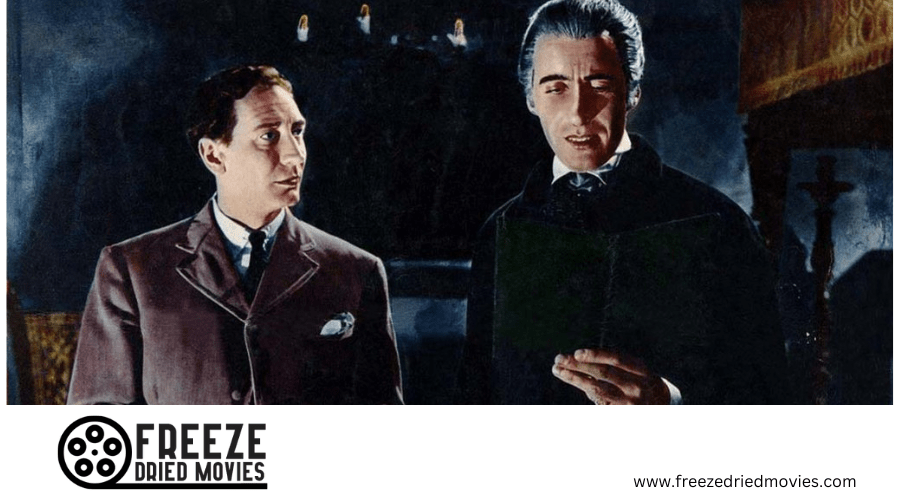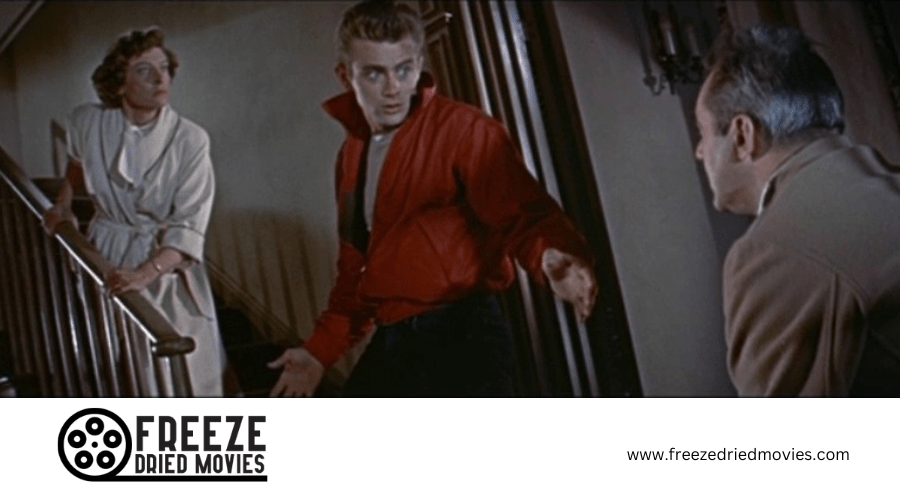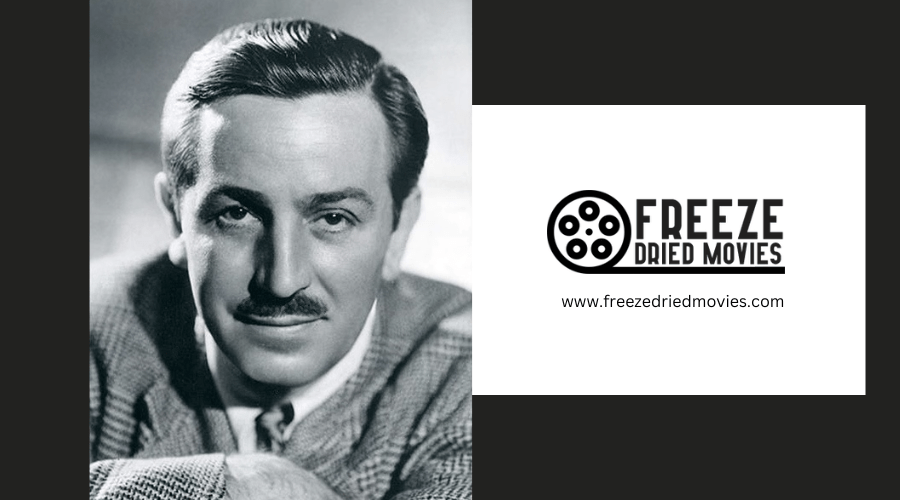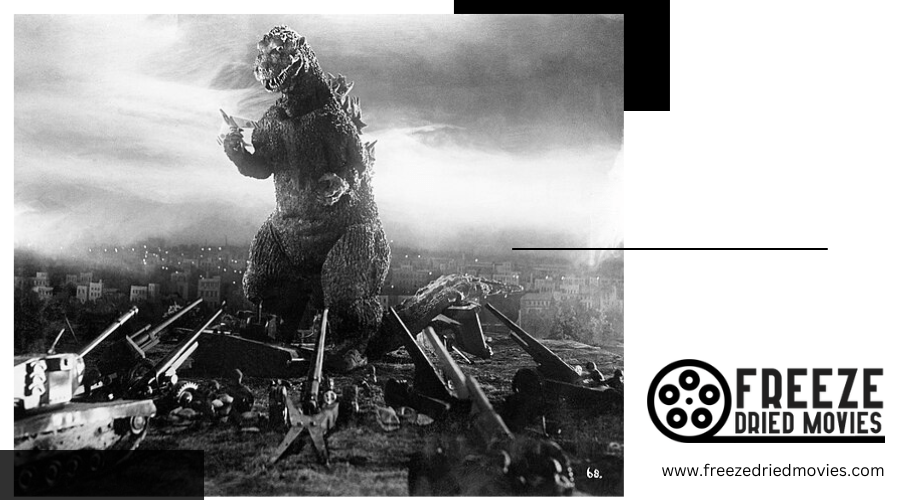Gary Cooper: The Quiet Strength Behind Classic Western Films
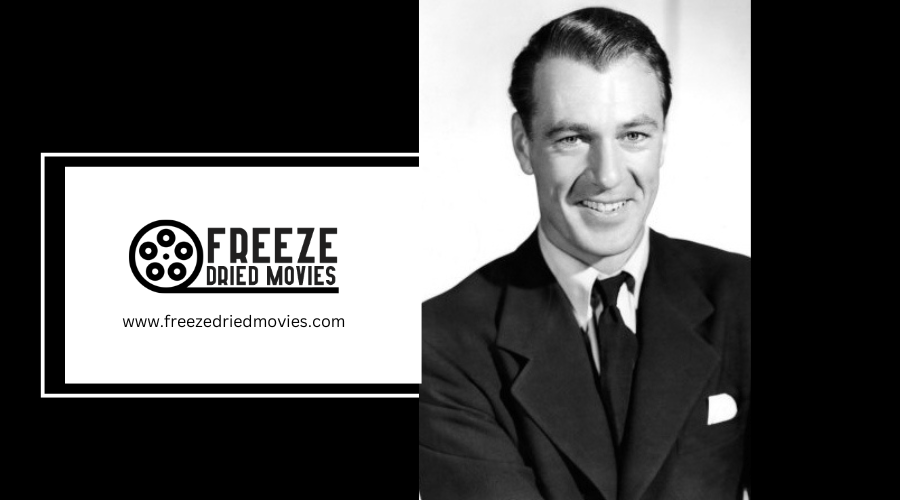
Gary Cooper embodied the quiet, moral strength that defined classic Western heroes. Born in Montana, he brought authentic cowboy skills to Hollywood, rising from extras to stardom. His restrained acting style and ability to convey complex emotions with minimal dialogue made films like "High Noon" legendary. You'll find his versatility extended beyond Westerns, though they remained his signature. His legacy as the quintessential American hero continues to influence film's portrayal of rugged individualism.
Key Takeaways
- Cooper's understated acting style utilized minimal dialogue and deliberate physicality to convey powerful emotions.
- His portrayal of Marshal Will Kane in "High Noon" defined his career and elevated Western film storytelling.
- Cooper embodied frontier values of honesty, courage, and resolve throughout his Western performances.
- His authentic cowboy background from growing up on a Montana ranch informed his convincing Western roles.
- Cooper brought psychological complexity to seemingly straightforward heroes, challenging traditional Western stereotypes.
The Montana Cowboy: Cooper's Early Life and Entry Into Hollywood
Few Hollywood stars could claim the authentic Western credentials that shaped Gary Cooper's legendary career. Born Frank James Cooper in 1901, he developed genuine cowboy skills on his family's 600-acre Montana ranch, becoming adept at horseback riding and hunting. After recovering from a car accident at 15, Cooper attended Grinnell College before heading to Los Angeles in 1924.
Cooper's ranch background proved valuable as he found work as a film extra and stunt rider. His career gained momentum after meeting casting director Nan Collins, who suggested changing his name to Gary. This connection led to his first credited roles and eventually his breakthrough in "The Winning of Barbara Worth," where his natural Western persona captivated Samuel Goldwyn and audiences alike.
Cooper's authentic cowboy looks and distinctive Western style earned him two Academy Awards for Best Actor and a place among the top 10 film personalities for 23 consecutive years.
From Silent Films to Western Stardom: The Virginian and Beyond
Though Cooper had earned supporting roles in various silent films, his career truly ignited with the 1929 Western talkie "The Virginian." This breakthrough role showcased Cooper's natural charisma and established him as the quintessential Western hero.
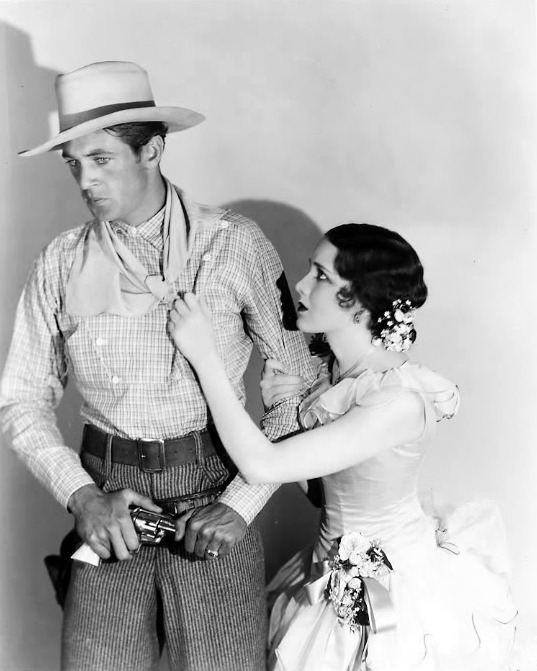
Throughout the 1930s, Cooper didn't just log screen time—he defined the Western genre. Films like "The Plainsman" and "The Westerner" capitalized on his laconic delivery and moral fortitude. While he'd later impress in non-Westerns like "Pride of the Yankees," Cooper's cowboy persona remained his signature.
His portrayal of Marshal Will Kane in "High Noon" perfectly embodied the rugged individualism that Ernest Hemingway admired in Cooper's performances. This "strong, silent type" approach to Western characters influenced generations of actors who followed, making Cooper not just a star, but a cultural archetype. Similar to John Wayne, Cooper's transformation into a Western icon required years of dedication to B-grade Westerns before achieving mainstream success.
Portraying America's Heroes: The Moral Core of Cooper's Characters
While other Hollywood stars cultivated flashy personas, Gary Cooper built his legendary career on the bedrock of moral integrity. As Marshal Will Kane in "High Noon" or Sergeant York, you'll find Cooper's characters defined by their quiet strength and moral fortitude when facing impossible odds.
Cooper's understated performances captured the essence of American heroism without glorifying violence or sacrificing nuance.
What made Cooper's portrayal of American heroes so compelling:
- His ability to convey deep ethical dilemmas with minimal dialogue, letting his expressions carry the weight of moral choices
- The psychological complexity he brought to seemingly straightforward heroes, showing the personal cost of standing firm
- His authentic embodiment of frontier values – honesty, courage, and resolve – that resonated with audiences seeking models of principled leadership
Cooper's characters perfectly embodied the 1940s Western evolution toward complex moral dilemmas that challenged traditional hero stereotypes while maintaining core values of justice and redemption.
"High Noon": A Career-Defining Performance and Cultural Icon
Nowhere did Cooper's moral core shine more brilliantly than in his career-defining role as Marshal Will Kane in the 1952 masterpiece "High Noon." When you watch Cooper's performance, you're witnessing the perfect fusion of actor and character—a man abandoned by his community yet unwavering in his commitment to duty.
Cooper's stoic portrayal revolutionized the Western genre as he navigated themes of moral responsibility against the backdrop of townspeople's cowardice. His nuanced depiction of Kane—principled yet increasingly isolated—resonated with audiences and critics alike, earning him widespread acclaim and cementing Will Kane as a cultural icon.
The film's taut narrative and Cooper's unflinching performance established a new standard for Westerns while embodying quintessentially American values of integrity, courage, and self-reliance that continue to influence cinema today. His character perfectly exemplified the rugged individualism that defined the iconic Western heroes who shaped American cinema in the 1940s.
Acting Style: The Power of Restraint and Authenticity
In stark contrast to Hollywood's often bombastic leading men, Gary Cooper built his legendary career on a foundation of restraint that proved immeasurably powerful. During his screen time, Cooper's face conveyed complexity through stillness, transforming silence into his most effective dramatic tool.
You'll notice his approach to characterization was rooted in three elements:
- Authenticity derived from his Montana ranch upbringing
- Minimal dialogue delivered with impeccable timing
- Deliberate physical presence that communicated inner strength
This quiet methodology elevated Cooper to folk hero status, creating an archetype of the stoic American that resonated deeply with audiences. Directors recognized his natural intelligence allowed him to capture a character's essence through subtle expressions where others might've resorted to theatrics. His understated performances continue influencing actors across generations.
Beyond the Western: Cooper's Versatility in Other Genres
Despite being immortalized as a Western icon, Gary Cooper's filmography reveals a chameleon-like ability to inhabit characters across the cinematic spectrum. In "City Streets," a Paramount Pictures film set in New York City, Cooper plays a sullen legionnaire traversing gritty urban crime with the same intensity he brought to prairie landscapes.
You'll notice his emotional range in "A Farewell to Arms" (1932), while his comedic timing shines unexpectedly in Lubitsch's "Design for Living." Cooper's versatility earned him his first Academy Award for Best Actor nomination in Capra's "Mr. Deeds Goes to Town," portraying the good-natured Longfellow Deeds with nuanced authenticity.
His seamless shifts between psychological thrillers and wartime dramas proved Cooper wasn't just a cowboy but a multifaceted leading man whose talents transcended genre limitations.

Personal Passions: Cooper's Love of Art, Outdoor Life, and Family
The paradox of Gary Cooper's public persona lay in the stark contrast between his on-screen simplicity and his sophisticated private passions. While moviegoers knew him as a laconic cowboy, you'd find the real Cooper admiring his extensive art collection featuring Renoir, Picasso, and O'Keeffe—revealing a cultivated aesthetic sensibility.
Cooper's life encompassed three distinct worlds:
- The rugged outdoor life on his 600-acre Montana ranch, where he hunted and skied
- The refined aesthete who favored impeccable Anderson & Sheppard tailoring
- The automotive enthusiast who collected luxury cars including a rare 1935 Duesenberg SSJ
Unlike his high-profile romances with Fay Wray and Countess di Frasso, Cooper's relationship with nature remained artless and unpretentious—perhaps the only arena where Hollywood's "strong, silent type" was truly himself.
Enduring Legacy: How Cooper Shaped the Modern Western Hero
Gary Cooper's legacy lives on through his profound reshaping of the Western hero archetype, transforming it from a simplistic good-versus-evil trope into a nuanced exploration of moral complexity. His portrayal of Will Kane in "High Noon" established a template for Western protagonists facing moral dilemmas with quiet dignity and resolute courage.
His minimalist acting style conveyed internal struggles beneath stoic exteriors. In films like "The Westerner" and "The Plainsman," he embodied a rugged moral code that transcended mere gunslinging heroics.
From James Stewart to Clint Eastwood, generations of actors have drawn inspiration from Cooper's understated power and ethical complexity, ensuring his impact on Western cinema remains as enduring as the genre itself.

